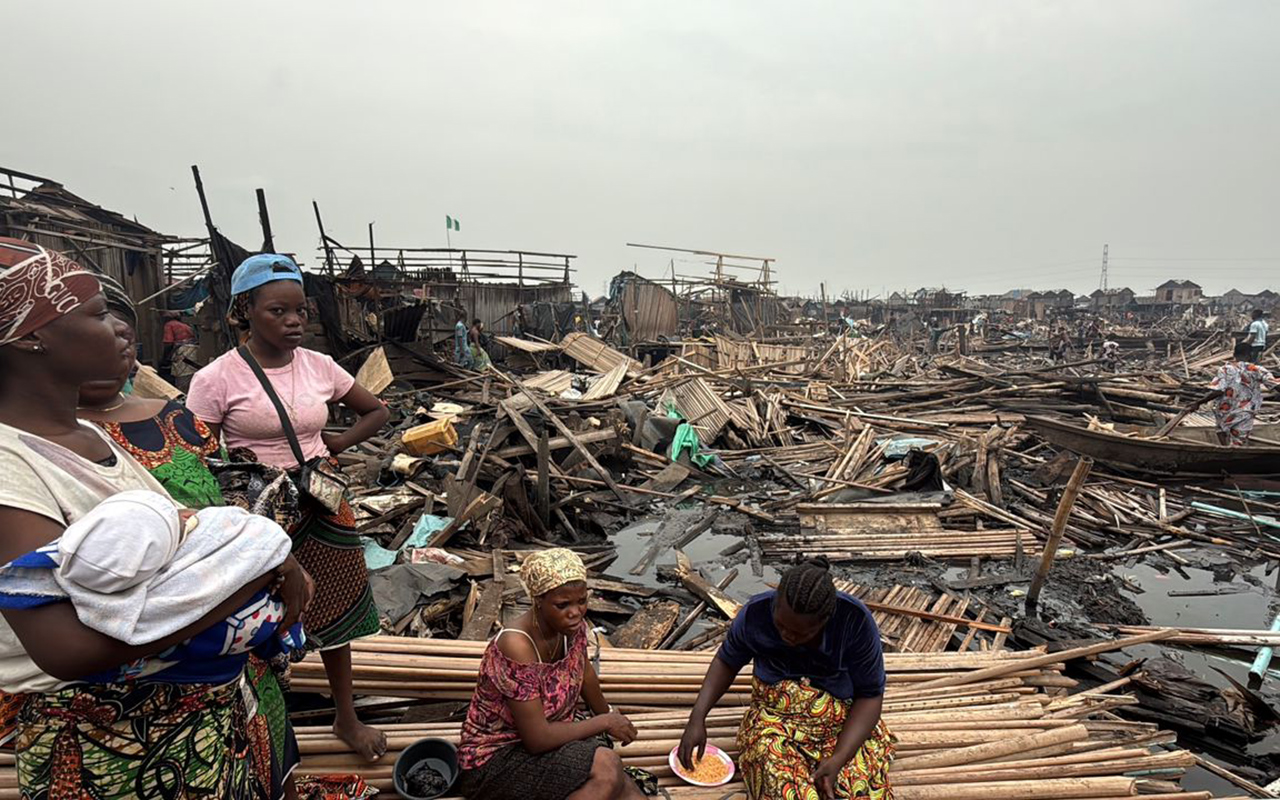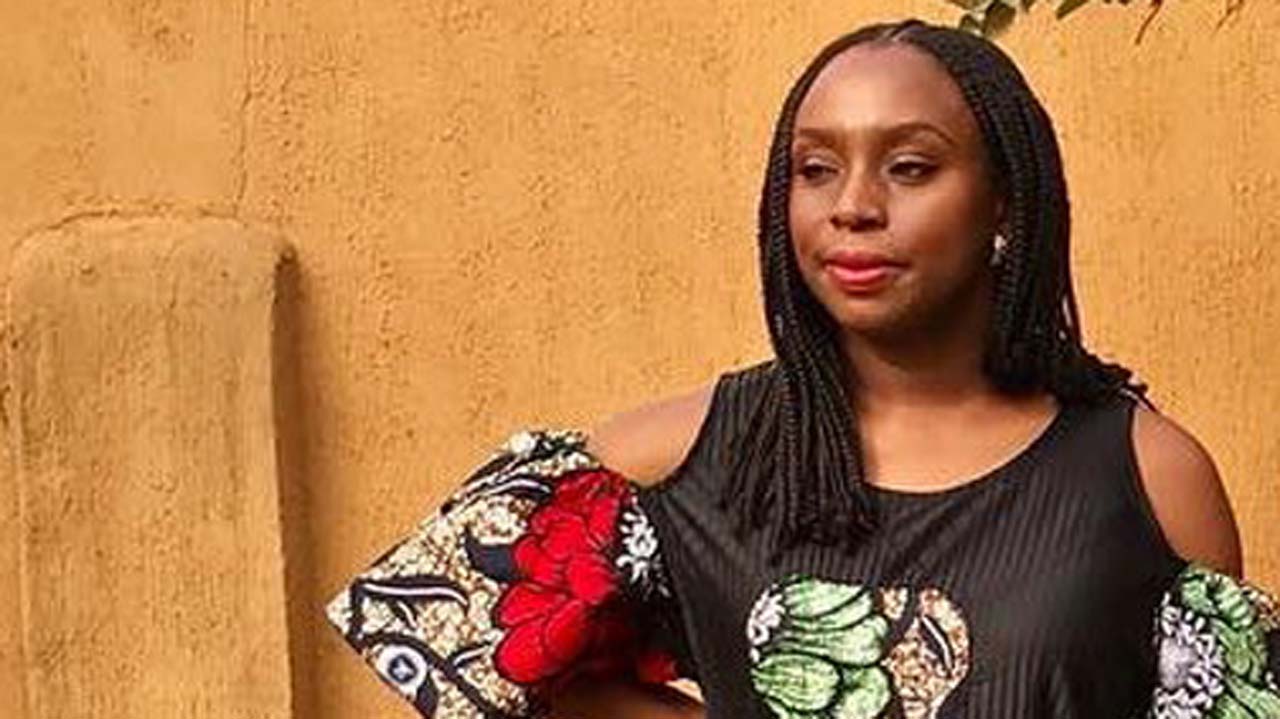Former Minister of Cooperation and Integration in Africa, Prof. Jerry Gana, has urged the Federal Government to take urgent steps to secure Nigeria’s porous borders, warning that unchecked movement of people and weapons is fuelling insecurity and threatening national stability.
Speaking at the 25th anniversary of the Institute for Peace and Conflict Resolution (IPCR), which coincided with the 2025 International Day of Peace, Gana described Nigeria’s borders as one of the weakest links in its fight against banditry, terrorism and violent crime. He said the country’s inability to control its entry points has allowed criminal groups and armed gangs to operate freely, worsening violence in communities.
According to him, the situation has created a dangerous vacuum where arms, drugs and fighters cross into Nigeria with little or no checks, leaving citizens at the mercy of those who exploit the gaps.
“I feel tremendously disturbed that the Federal Republic of Nigeria has no borders at all. Our borders are porous. People can come in anytime, any day, anyhow, and do whatever they like. It is not responsible, it is not proper,” he lamented.
Gana stressed that border security is not just a defence issue but a peace strategy, noting that without safe boundaries, no amount of internal policing will restore calm.
He therefore called on the Ministry of Foreign Affairs and security agencies to step up to the challenge.
“The Ministry of Foreign Affairs must pressurise the Federal Republic of Nigeria to take the issue of secure borders seriously. Otherwise, insecurity will continue to reign in Nigeria, and peace and comfort will not be our domain,” he said.
The former minister also drew attention to wider factors undermining peace. He said justice, fairness and good governance remain central pillars of any stable society. Where these are lacking, he noted, conflict festers.
“Too often we define peace as merely the silence of guns. But lasting peace is far more profound. Peace is justice in action. Peace is leadership with integrity. Peace is equitable distribution and fairness in a nation,” Gana declared.
He backed his argument with global statistics, citing the latest Global Peace Index which paints a worrying picture. He explained that peacefulness has declined worldwide, with Sub-Saharan Africa ranking among the least peaceful regions.
He revealed that the economic impact of violence is now estimated at over $19 trillion annually, a figure he described as shocking and unsustainable.
“That is wasted lives, wasted resources and wasted hopes,” he said.
For Gana, building peace requires more than military strength. He listed what he called the essential pillars of peace: protection of human life, equitable governance, honest leadership, dialogue and reconciliation, and strong partnerships across society. Without these, he warned, development will remain an illusion.
Delivering commemorative lecture, Acting Director of the ECOWAS Early Warning Directorate, Dr. Onyinye Onwuka, highlighted the heavy toll of Nigeria’s internal conflicts. She disclosed that about 60 people die daily from violent conflict in the country, a figure she said has become normalized despite its devastating human cost.
“Every day we postpone preventive action, human lives are lost. In Nigeria, 60 people die daily from violent conflict, and yet it has become normalized. We must tell ourselves the truth, things are not looking good. Peace for Nigeria can no longer wait,” she said.
Onwuka emphasised the need for prevention rather than reaction. According to her, strengthening early warning systems, addressing root causes of conflict, and investing in youth and women are the fastest ways to build lasting peace.
“Acting now means preventing before responding,” she noted.
Earlier in his welcome address, the Director-General of IPCR, Dr. Joseph Ochogwu, reflected on the institute’s 25-year journey. He said IPCR has worked to resolve community disputes, train peacebuilders and influence policies across the country.
“Peace is not merely the absence of war, but the presence of justice, equity and dignity for all,” Ochogwu said.
He pledged that the institute would continue to evolve to meet new challenges such as radicalisation, cyber conflict and misinformation as it enters its next quarter century.
Themed “Act Now for a Peaceful World,” the Abuja event brought together diplomats, civil society leaders, academics and policymakers.






